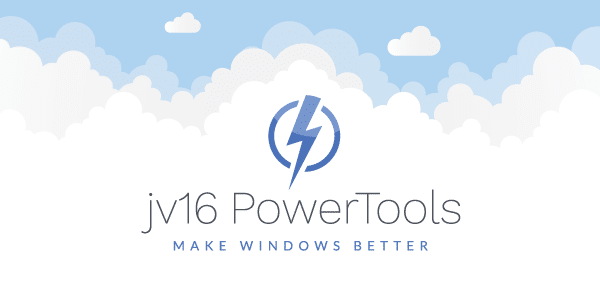The developer of RegCleaner, jv16 PowerTools, Uninstalr, WinFindr, Startup Timer, ScreenshotX, System Examiner and Windows Update Fixer.
You never really know if there’s a connection, but it seems that every time you install new Windows updates your computer slows down a little bit.
With new updates coming up every other week (especially since the release of the Windows 10 Upgrade) it’s hard not to suspect them to be conspiring against your computer.
But is it real? Do Windows updates really have a sizeable impact on how your computer performs in terms of speed? Well, yes…and no.
What really happens when you update
Every new update has the potential of slowing down your computer. A new update will tend to put hardware to work a little bit more but the performance hits are usually minimal. Updates are also likely to turn on new features or processes that were not enabled before. Some of the new features might not exactly be useful to you and they will be decreasing security and performance.
When you install Windows updates new files will be added on your hard drive so you will be losing disk space on the drive where your OS is installed. The operating system needs plenty of free space to work at top speed and when you hinder that you will see the consequences in a lower computer speed. One way to prevent this is to review the updates before installing them and figuring out if they are too big or if you really need them.
Windows updates are not bad at all
There’s another side to the story. Updates might bring security patches so you might want to sacrifice some speed to be safer. Sometimes updates bring performance improvements. It’s sort of like a lottery there. If you know your hardware is really outdated and if your computer is already running slow, you might want to be wary about the updates that you allow to install on your computer.
The reality is that most Windows updates are difficult to understand by non-technical PC users, reason why most of the times they end up ignored or otherwise postponed.
Why install something that will run in the background and slow down your system if you are not using it? One good reason is for security purposes and ensuring that your computer is always as protected as a home user’s PC can get.
Another important aspect that might really improve your overall experience is updating hardware drivers on your computer. An outdated driver is almost never a good thing.
The truth
The reason why most people experience a slowdown of the operating system in time is that updates are installed, by default, without them knowing this. Moreover, they do not have software like jv16 PowerTools to clean out unneeded data, the Windows registry or fix errors. This is why, in most cases, new updates just cause havoc and add to the problem.
Sometimes the updates are not to blame, it’s just that numerous applications have been installed and uninstalled, that programs that you don’t need run in the background and that generally Windows is not cleaned up and managed with specialized software. So what happens is that you tend to notice that your computer is slower only when Windows lets you know that new updates were installed so you start to associate poor performance with Windows updates, which might not be correct.
The truth is somewhere in the middle and if you really want a fast computer you should worry less about Windows updates (allow them to automatically download and install, for minimum security) and pay more attention to cleaning up and managing the apps and files on your computer correctly.


